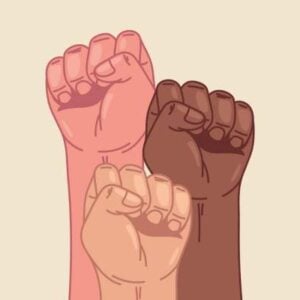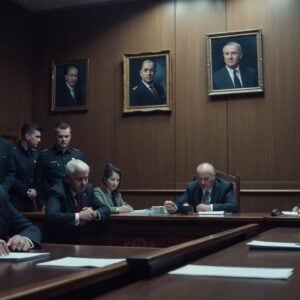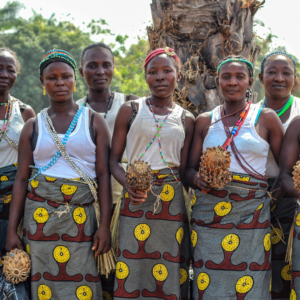The ongoing liquidity crisis affecting the United Nations and its global partners has already delayed a crucial high-level human rights investigation into the emergency situation in the Democratic Republic of Congo (DRC) that began in February. According to testimonies collected by the Office of the High Commissioner for Human Rights (OHCHR), the Rwanda-backed M23 rebel group has systematically perpetrated widespread sexual violence, including gang rapes and sexual slavery, particularly targeting women and girls as they seized major cities in North and South Kivu provinces.
The OHCHR Fact-Finding Mission’s report highlights that sexual violence affected not only women and girls but also men, boys, and LGBT individuals, including cases of abuse during detention. The investigation found that all parties involved in the conflict failed to protect civilians adequately, with attacks reported on schools and hospitals, especially during the capture of Goma by M23 and Rwandan Defense Forces (RDF) in late January.
The mission also documented the forcible detention and recruitment of hundreds of children by M23 fighters to combat government forces. Thousands of civilians, primarily men and boys, were detained during frequent search operations and often taken away in trucks, with relatives unable to locate them due to threats and intimidation.
The report was meant to form the basis of a war crimes investigation by a Commission of Inquiry established by the Human Rights Council earlier this year. However, the UN’s financial crisis has left the commission without sufficient funding to proceed with its work, raising concerns about delays in accountability for serious violations.
Concerns were also raised regarding a peace agreement signed between the DRC and Rwanda in June, which reportedly lacked adequate provisions for victim support and accountability. UN High Commissioner for Human Rights Volker Türk emphasized the urgent need for action and the swift implementation of the Commission of Inquiry to serve the victims of the conflict.
Information from the report shows that grave human rights abuses and violations of international humanitarian law were committed by all parties involved, including M23 forces supported by the Rwandan military, the Congolese Armed Forces (FARDC), and affiliated armed groups. M23 fighters, with assistance from the RDF, captured key cities and carried out widespread intimidation, including summary executions, torture, enforced disappearances, and forced recruitment, with evidence pointing toward potential crimes against humanity.
Rape and other forms of physical and psychological torture were used repeatedly to degrade and break the dignity of victims, with a particularly heavy toll on children. The conflict’s violence demonstrated a high degree of coordination and planning by M23 forces. The report also details abuses by FARDC and allied groups such as the Wazalendo, including killings, gang rapes, looting, and other atrocities during their retreat from combat zones.
Finally, the OHCHR report holds both the governments of DRC and Rwanda accountable for supporting armed groups with known histories of serious abuses and failing to ensure respect for international humanitarian law, underscoring their responsibility to protect civilians and prevent further harm.







